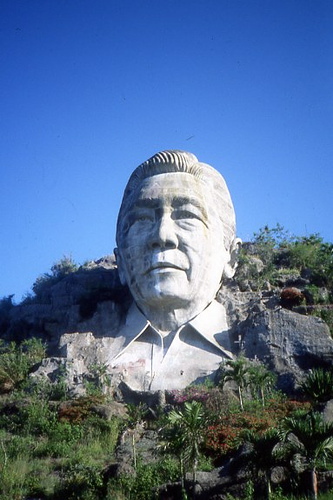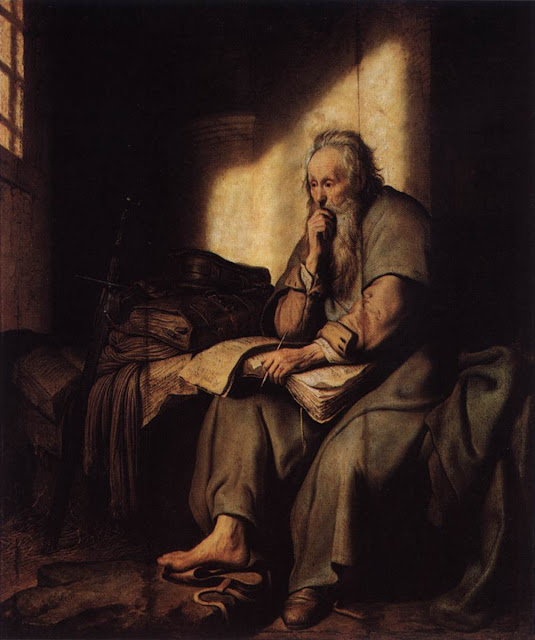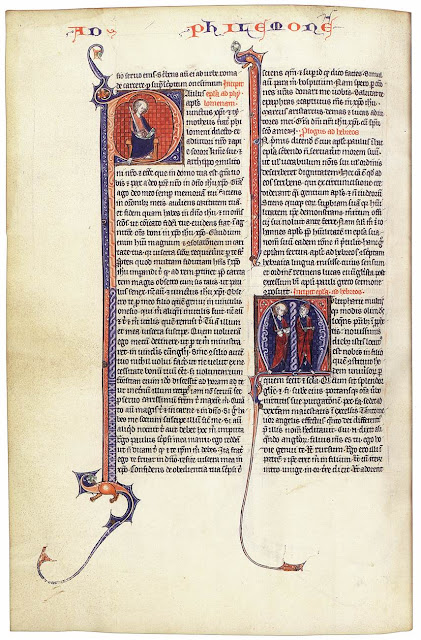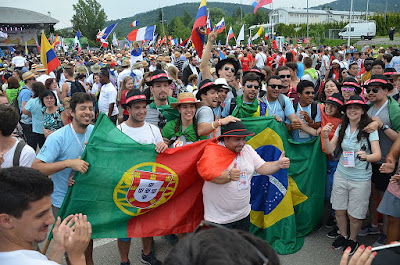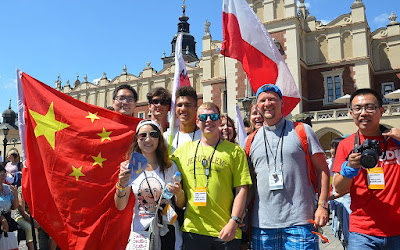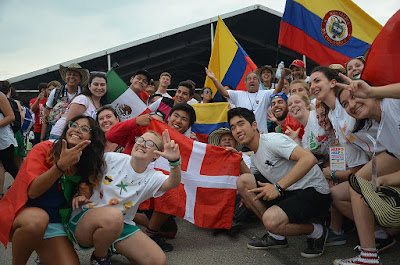Columban Fr Shay Cullen wins 2016 Hugh O’Flaherty Humanitarian Award
Fr Shay Cullen
Sarah Mac Donald, 26 August 2016. CatholicIreland.net
Columban missionary has uncovered and exposed widespread child sexual abuse and human trafficking involving children as young as 9 years abused by US personnel and sex tourists including local men.

Monsignor Hugh O’Flaherty (1898 – 1963)
from the website of the Hugh O’Flaherty Memorial Society.
Well known Irish Columban missionary Fr Shay Cullen has been selected as this year’s winner of the Hugh O’Flaherty Humanitarian Award. Fr Cullen has worked tirelessly over his lifetime in the Philippines battling for the rights of children to be respected and trying to stem the depredations of child traffickers, paedophiles and the sex industry.
The award was set up in honour of Monsignor Hugh O’Flaherty, an Irish prelate, who was based in the Vatican from 1938 until 1960, and who courageously helped save the lives of 6,500 Jews and Allied soldiers from the Nazis via the Rome Escape Line.
In 1974, Fr Cullen set up the PREDA Foundation to help child victims and trafficked women who were being exploited in the sex trade that flourished alongside the huge United States Naval Base on Subic Bay in Olongapo City and at the US Clarke airbase in Angeles City. He uncovered and exposed widespread child sexual abuse and human trafficking involving children as young as 9 years abused by US personnel and sex tourists including local men. Believing that poverty, violence and child abuse are barriers to peace and give rise to extremism, he strives to eliminate child abuse and promote respect for children’s rights.
He works for peace by working to change the unjust economic political and social structures and attitudes that allow such abuse. His mission for justice and peace is ecumenical; open to people of all faiths. It is based on taking a stand for human rights and protecting the dignity of every person, in particular exploited women and children.
Announcing the Hugh O’Flaherty Memorial Committee’s decision, chairperson Jerry O’Grady said, “Fr Shay has given his life to protecting the human rights of oppressed and exploited children and has fearlessly challenged those who were not prepared to shoulder their responsibilities, including local vested interests, local and national government in the Philippines and the USA Government.”
Fr Cullen said the award was a recognition of the children PREDA has rescued and “those human rights workers who, like Monsignor Hugh [O’Flaherty], continue to work for the unjustly imprisoned, the refugees trying to escape from Isis and war and those risking their lives to help them escape.”
This year’s award will be presented to Fr Shay Cullen by Councillor Brendan Cronin, Mayor of Killarney on Saturday evening November 5th 2016 at a ceremony in the Killarney Avenue Hotel.

Preda Handicrafts
Fr Shay and Preda has been nominated three times for the Nobel Peace Prize. He has received the Ireland Meteor Award, Irish Personality of the year award, German City of Weimar and Italian city of Ferreira Human Rights awards and is an internationally recognised human rights and child rights advocacy organisation for social justice, peace, dialogue and human dignity.
The People’s Recovery Empowerment and Development Assistance (PREDA) Foundation is an active social development organisation today with 54 professional Filipino paid employees implementing projects that save children from sexual abusers, human traffickers and from life in the brothels and sex bars frequented by Filipino men and foreigners of all nationalities. It provides residential care with therapy education, empowerment and legal action for the children in two centres one for abused girls in Subic, Zambales and one for the boys rescued from jails and detention centres situated in Nagbayan, Castelljos, Zambales.
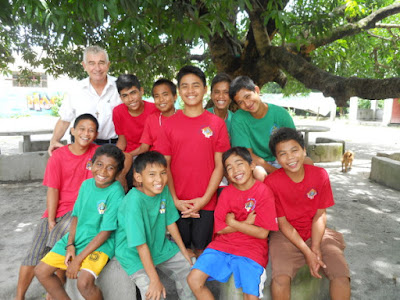
Preda social workers save children from jails and detention centres and give them a new life of dignity and self-esteem. The Preda boy’s home offers protection and therapeutic homes and services for the child victims and operates a therapeutic community for boys saved from jails, ages 7 to 15 years of age. They are victims of abuse and neglect in government jails and detention centres called Bahay Pagasa.
The Preda boy’s home in Catellijos, Zambales is an open home community and family in a farm setting without fences or walls. Children are free to choose to stay or leave. Most choose to stay. They receive full support, therapy and education at the Bukang Liwayway home. There is an average of 35 children there with a full staff of 15 therapists and social workers and qualified male nurses.
Hundreds of children have been rescued from sex bars and clubs and sex abusers of all kinds: paedophiles, child rapists, cybersex bars, abusive parents and relatives. There are as many an average of 44 girls victims’ of sexual abuse and commercial exploitation 8 to 17 years-old in the Girls home in Subic, Zambales.
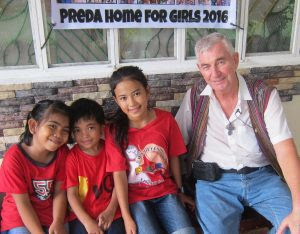
The Preda Girls Home in Subic provides a therapeutic home in a natural environment for children raped, sexually and physically exploited and the therapeutic life style gives full therapy, recovery, healing and educational support and family reconciliation and reintegration with supportive relatives when possible.
An Awareness and Reporting System has been activated. A hot phone line alerts Preda to a child in need and Preda rescue team is sent to rescue the child with the help of the government social worker and police if needed.
For more information see: www.preda.org and predainfo@preda.org
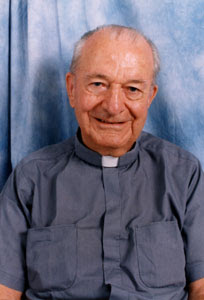
Fr Michael Sinnott
The first Hugh O’Flaherty International Humanitarian Award was given in 2009. The second recipient, in 2010, was Columban Fr Michael Sinnott. On 11 October 2009 he was kidnapped just outside the gate of the Columban house in Pagadian City in western Mindanao. He was released, unharmed, on 12 November that year. He was 79 at the time. He is now retired and in good health at St Columban’s, Dalgan Park, Navan, County Meath, Ireland.


